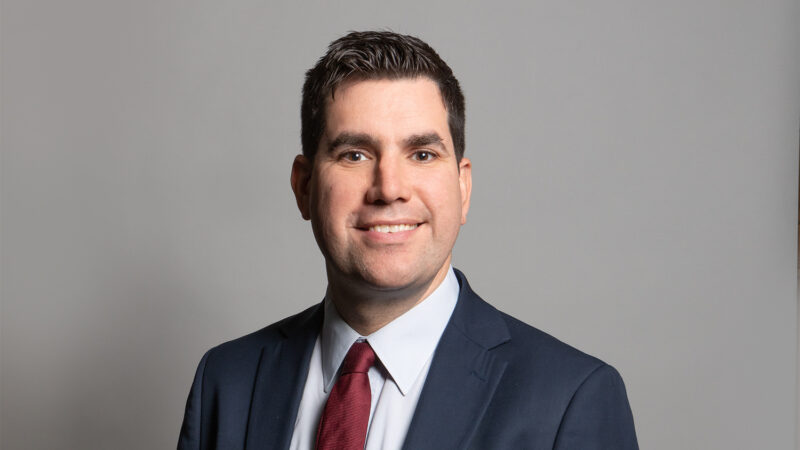
The King’s coronation takes place against the backdrop of the biggest attack on living standards in 70 years. Real wages are lower now than in 2008. Millions live in fuel poverty. A record number of emergency food parcels were handed out over the past 12 months – with more than one million of these to children.
Given this, the tens of millions of pounds of public money going to fund the coronation should be subjected to much greater political debate than it has been. Tellingly, no official budget has been released for the occasion and the government is tight-lipped over the official cost. That itself is cause for concern. Surely the coronation should be subjected to the same levels of scrutiny as any other publicly-funded project? Given this lack of transparency, we have to go by unofficial estimates. Most put the cost at around £100m, but some have estimated it could cost an eye-watering £250m.
In these times of economic hardship, it is no wonder that there is strong public opposition to the public funding of the coronation. One recent poll showed that an absolute majority of people are opposed to it being publicly funded, with 51% against and just 32% in favour.
That poll came before recent revelations that put King Charles’ private fortune at £1.8bn. It is important to note that this is his personal fortune, separate from the wealth of the Crown Estate, which is a £16bn portfolio of property and land held by the monarch for the duration of their reign but which they can not sell.
The King’s vast personal fortune has been boosted by a special rule that means the monarch is exempted from paying inheritance tax on any wealth directly passed on by their predecessor. So King Charles has not had to pay the 40% inheritance tax on all his inherited wealth above £325,000 that everyone else would be liable for.
Again, no exact figures are known on how much King Charles has saved as a result of this exemption. But one example illustrates the scale of this financial benefit. King Charles inherited Balmoral castle and the Sandringham estate last year. They have an estimated value of £330m, meaning the King has benefitted by many millions through the inheritance tax exemption on these properties alone. The exemption will also apply to the private collection of jewellery, art and other assets that King Charles is believed to have inherited from the late Queen.
This total immunity from inheritance tax follows a 1993 memorandum of understanding introduced by Conservative Prime Minister John Major. This was controversial at the time. The then Labour leader, the late John Smith, raised this matter in the House of Commons stating: “Although it is accepted that assets held by the Queen as sovereign should not be liable to inheritance tax, will the Prime Minister explain why all private assets passing from one sovereign to the next should also be exempt?”
More than ever, this remains a legitimate question. This special arrangement is out of step with the public mood. A poll for Tax Justice UK last year found that 63% of the public think that King Charles should have paid inheritance tax on this wealth.
I believe Britain should have an elected head of state as part of the wider transformation needed to become a truly modern democracy that really distributes power and wealth. But concern about the costs and tax arrangements goes well beyond just supporters of a republic. There are strong majorities in the country against the public funding for the coronation and for scrapping the special tax exemption that means the King doesn’t pay inheritance tax.
There is no more fitting time to debate these issues than at the coronation of a new monarch. Yet the government has not given any time for a debate about these issues in parliament. Earlier this year, Oliver Dowden, now the deputy Prime Minister, claimed that people would not want the coronation to be affected by “dour scrimping and scraping”. But people are clear: the public should not be footing the bill for the coronation.




More from LabourList
‘Labour won’t stop the far right by changing leaders — only by proving what the left can deliver’
‘Cutting Welsh university funding would be economic vandalism, not reform’
Sadiq Khan signals he will stand for a fourth term as London Mayor